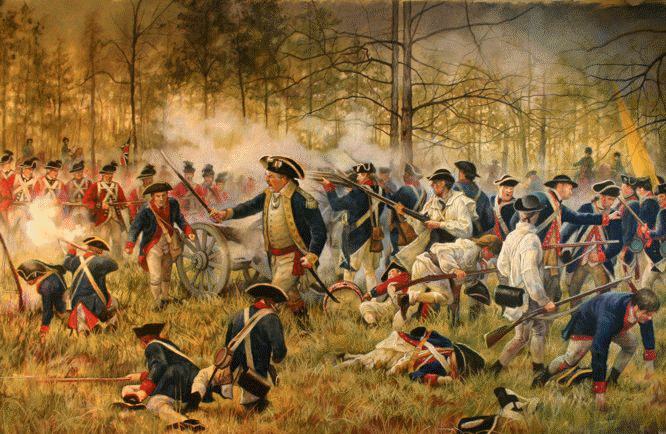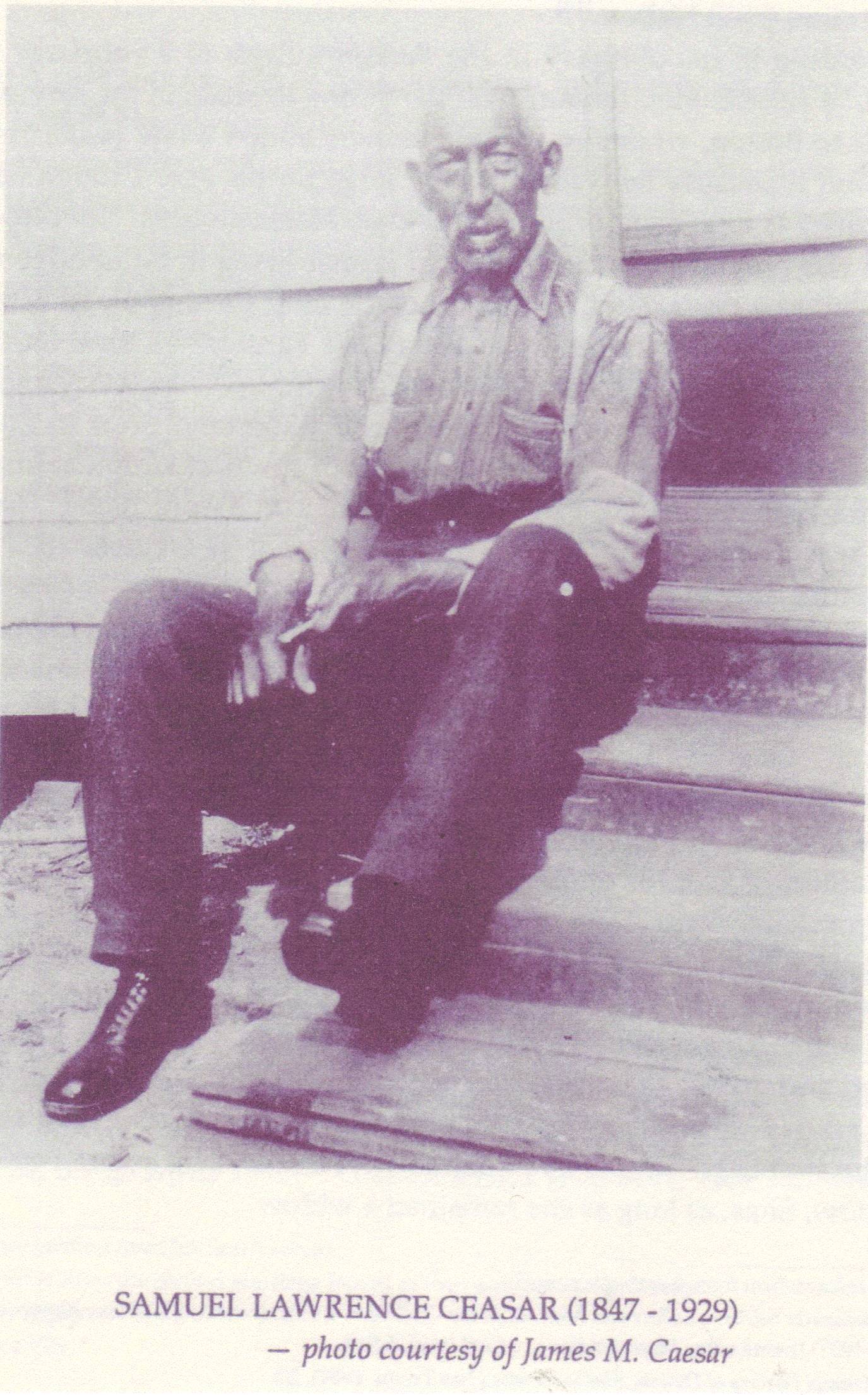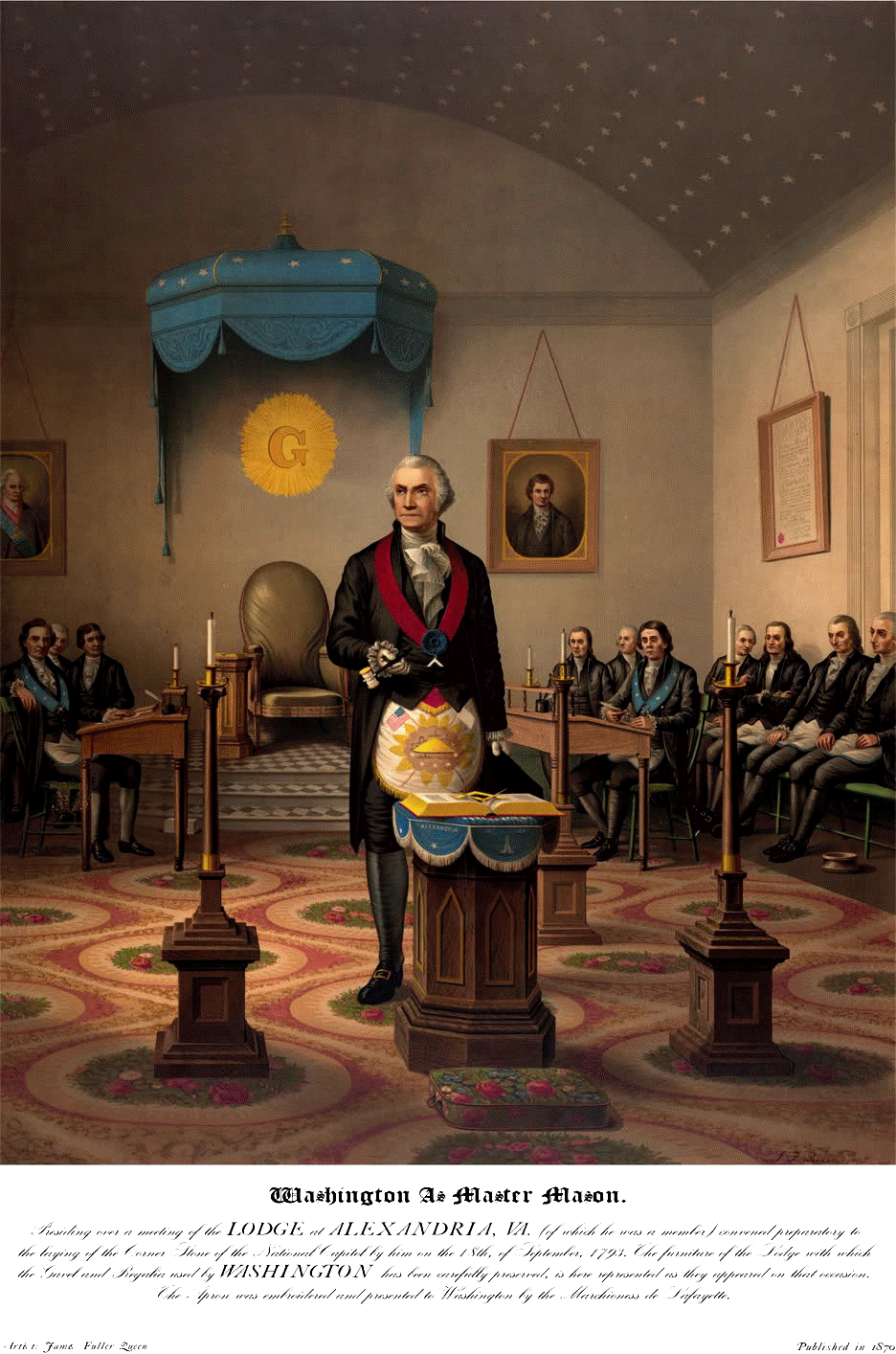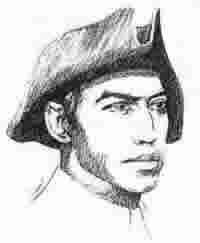 We are inclined to believe, perhaps want to believe, that in the minds of many enslaved young men like William Lee and other revolutionary war veterans of his color and hue watching and waiting, the first American Jubilee was expected and could have, should have but did not occur: when George Washington voluntarily relinquished his power to a Congress of Judeo-Christians convened in the great slave port city of Annapolis. But, congressional intent was not to join their reasoning to the old or new testament faiths they professed to believe in. As a functional result, a lot of folks of color, like Prince Hall and Richard Allen apparently began propagating beliefs in a "Living Christ" to implement God's laws. It surely was their rebellious spirit that made way for the coming of mindsets like Lincoln and Douglass who were born of women, not made by man's laws.
We are inclined to believe, perhaps want to believe, that in the minds of many enslaved young men like William Lee and other revolutionary war veterans of his color and hue watching and waiting, the first American Jubilee was expected and could have, should have but did not occur: when George Washington voluntarily relinquished his power to a Congress of Judeo-Christians convened in the great slave port city of Annapolis. But, congressional intent was not to join their reasoning to the old or new testament faiths they professed to believe in. As a functional result, a lot of folks of color, like Prince Hall and Richard Allen apparently began propagating beliefs in a "Living Christ" to implement God's laws. It surely was their rebellious spirit that made way for the coming of mindsets like Lincoln and Douglass who were born of women, not made by man's laws.
Organized religion has always mattered, dating back long before the vast slave based Roman Empire accepted beliefs in Jesus as the Christ among rebellious minded believers, many of whom were slaves. In fact, it should not be ignored that rebellious Jewish believers in Christ had been dispersed by the conquering Roman legions from Jerusalem in 70 A.D., a generation following crucifixion of Jesus around 30 A.D. Dispersed but many "born again" still rebellious spirited Jews spread the good news of a Living Christ in their beliefs far and wide into Africa and Asia beyond Jerusalem for at least two centuries. Places like Egypt, Ethiopia and Nubia had young men that Constantine needed in his legions to fight in Europe, whether they were or were not pagans evangelized by the generation minded Jews dispersed from Palestine generations before. Constantine reasoned to tolerate Jews and Christians.
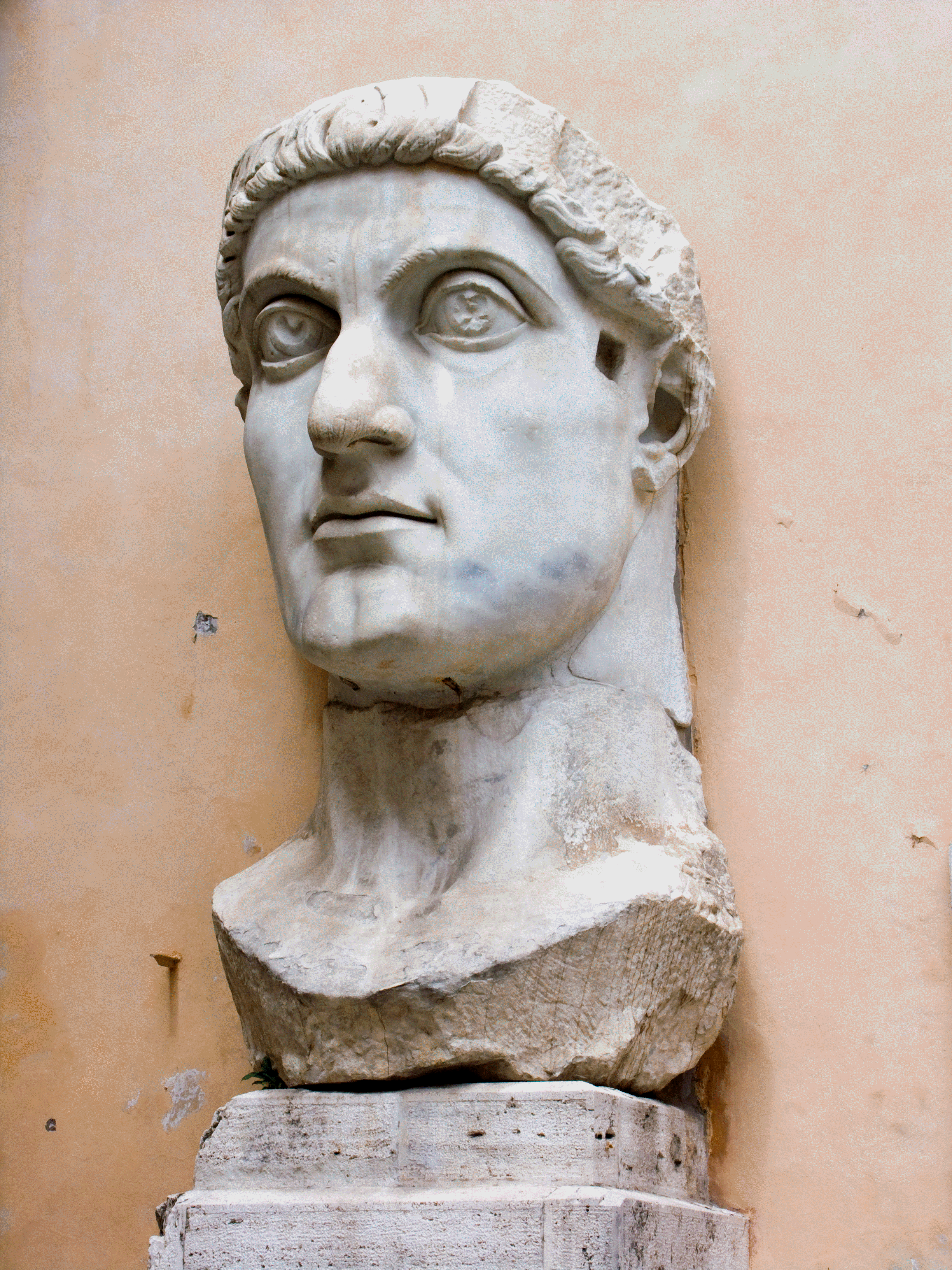
Emperor Constantine was a highly praised and victorious soldier in the 4th millennium, like George Washington would later be in a vast geographic region affording new beginnings conceived in liberty as expressed by Thomas Jefferson in the 1776 Declaration of Independence. But, unlike Constantine or any other conqueror known (excepting Hollywood characterizations) Washington relinquished power to men in robes and wigs for righteousness. Many men of color like Prince Hall and Richard Allen who had looked to him as a hoped for salvation from racial discrimination by church and state, and expected that he would remember them well as he towered over lesser men convened in his majestic presence: perhaps reluctantly not realizing that most politicians were opportunists beholding to the cultural dynamics that put them in the reaches of power.
Once of the first acts by the newly empowered Congress was to literally trash the Jeffersonian Declaration written 8 years earlier that "all men are created equal." Even more, they reasoned together that Jefferson was too idealistic about "happiness" and what mattered most was "life, liberty and pursuit of property" meaning as the English lawyer John Locke had written and meant it to rationalize the Anglo rebellion in 1688. With functional power in their hands men like James Madison reasoned that such ideals were not practical; and in reality men of color were incomplete man-hoods not far removed from the 15th to 18th century Roman Catholic two-thirds ideology that Africans lacked souls (about one-third of what matters). To most politicians, slaves were desired to remain as property, not free citizens. It was an 18th century lesson learned that "power corrupts and absolute power corrupts absolutely." Men like Paul Cuffee (Kofi) of Akan Beliefs-Thoughts heritage along with others like Prince Hall saw it all. They saw greedy and ruthless men who not only were arrogant with power but actually wanted to expand the slave trade inherited from Great Britain. So, greedy in fact that by time of the ratification of the Constitution of the United States in 1787, American slave ships from Rhode Island and the other former colonies challenged Great Britain on the high seas of international slave trading. Some men like Paul Cuffee (Kofi) looked for salvation, a savior.
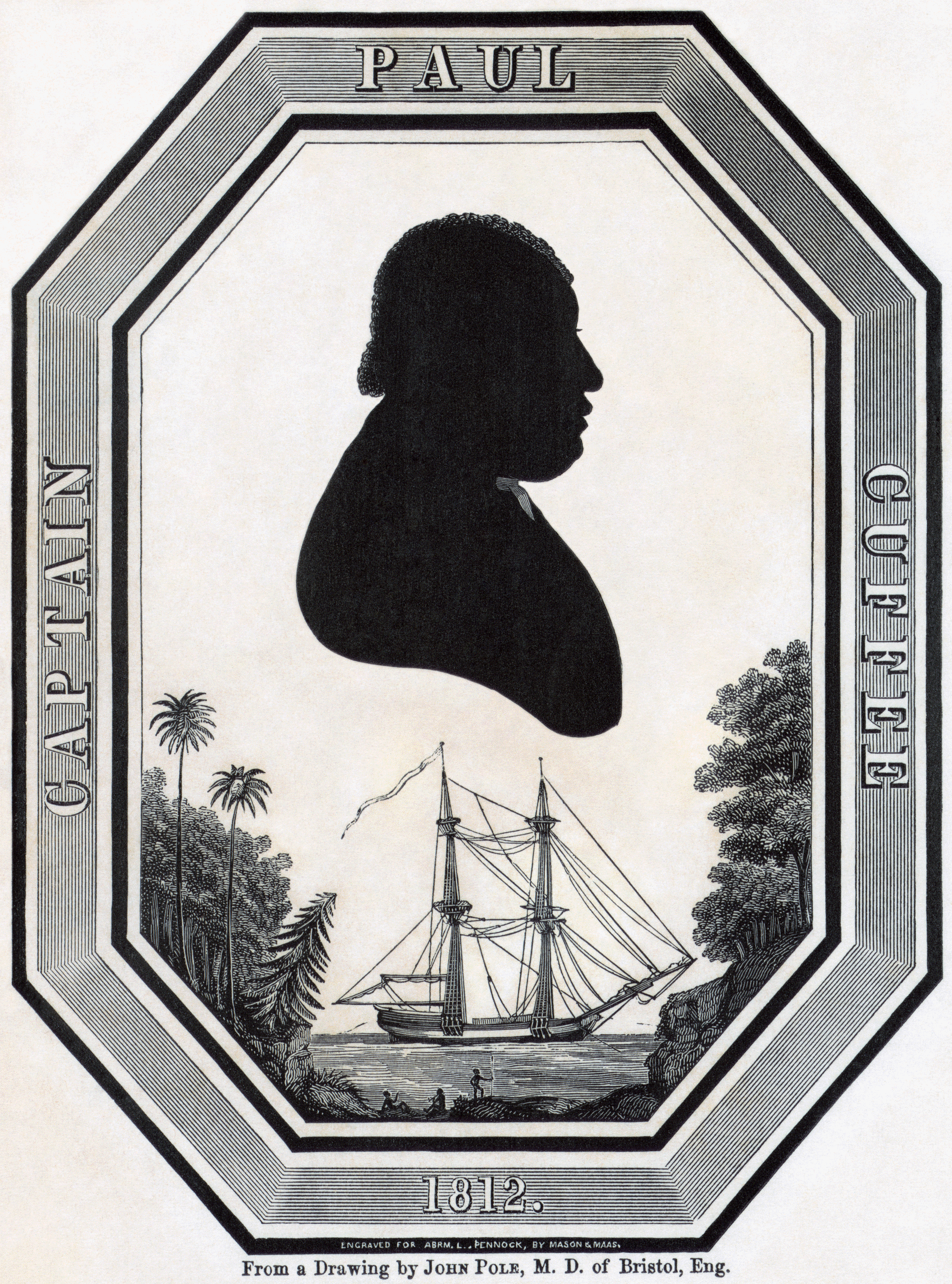
With their own eyes and souls laid bare, they had seen the United States Congress collectively representing 500,000 enslaved and free persons of color within a total population of 2,400,000 colonial residents in 1776: literally explode and expand it to millions more enslaved persons by beginning of the 19th century ante-bellum beliefs and lifestyles that would expand functional slavery via slave breeding laws to over four million souls by year 1860. Popes, priests, preachers and politicians anywhere in pursuit of property/wealth were seldom incorruptible in the pursuit of goodness most claimed to believe in, but distinguished such from its existence as a Living Christ dogma, theology or ideology. One might reasonably argue that men like Richard Allen disgusted with the powers of White priests and politicians was among the first voices in the 19th century rebellious theology of a "Living Christ" as the unseen, dependable, incorruptible, reliable champion for rebellious minded men and women who mattered more than property or potential property among "the least of us." For believers like Richard Allen who preached to men like William Lee: In the beginning was the Word and the Word was with God and God was the Word." And generations would believe in a Living Christ to generate men (like Lincoln) to free their families and friends from slavery and threat of enslavement, not the Congress.
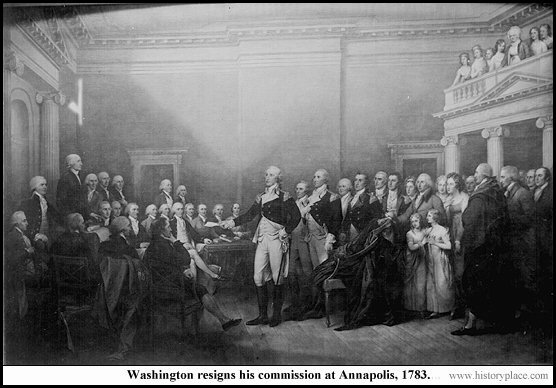
Slaves were not freed by the new Congress in 1783 as many like Richard Allen and William Lee hoped and expected pursuant their bible readings and studies in places like Boston and Philadelphia. Many bible-reading freemen and slaves had been taught by preachers like Francis Asbury and believed that Judeo-Christians were bound by God to give liberty to everyone, not just White folks, in their power. They reasoned together that since God was omnipotent, his laws were sacred:
According to Leviticus, slaves and prisoners would be freed, debts would be forgiven and the mercies of God would be particularly manifest. Leviticus 25:8-13 states:
"And thou shalt number seven sabbaths of years unto thee, seven times seven years; and the space of the seven sabbaths of years shall be unto thee forty and nine years. Then shalt thou cause the trumpet of the jubile to sound on the tenth day of the seventh month, in the day of atonement shall ye make the trumpet sound throughout all your land. And ye shall hallow the fiftieth year, and proclaim liberty throughout all the land unto all the inhabitants thereof: it shall be a jubile unto you; and ye shall return every man unto his possession, and ye shall return every man unto his family. A jubile shall that fiftieth year be unto you: ye shall not sow, neither reap that which groweth of itself in it, nor gather the grapes in it of thy vine undressed. For it is the jubile; it shall be holy unto you: ye shall eat the increase thereof out of the field. In the year of this jubile ye shall return every man unto his possession."
Washington's Resignation Letter in the Christmas week of 1783 was known by some men of color (about 5,000) who had volunteered and freely served in the revolutionary army of about 300,000 young men along with the uncounted thousands more who, like William Lee, were enslaved and impressed to service. Some of these men were literate enough to understand issues at hand in the American rebellion generated by lawyers and others of the upper class colonists citing the cause of liberty and freedom from British Empire rule.
The collective faith of about 5,000 young men, if it existed at all, was in the heroic person of George Washington; and their hopes were akin to that of the other veterans, White and Native American, in wanting to get paid for services rendered. Any love existing among young men with an average age of not more than thirty years was for their homes and families dependent upon them, not country as later described by writers who never served. For William Lee, his flesh and blood kinfolks at Mount Vernon and other slave plantations mattered that he keep them foremost in his mind, and he always did, even sacrificing his possible life as a free man married to Margaret Thomas in Philadelphia. His younger brother Frank was at Mount Vernon with a wife, Lucy, and several offspring.
